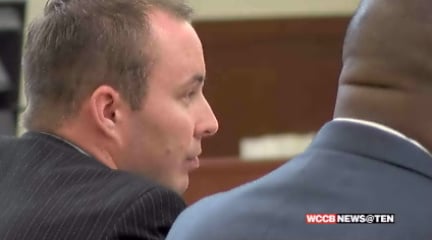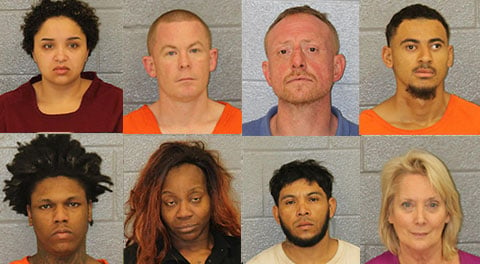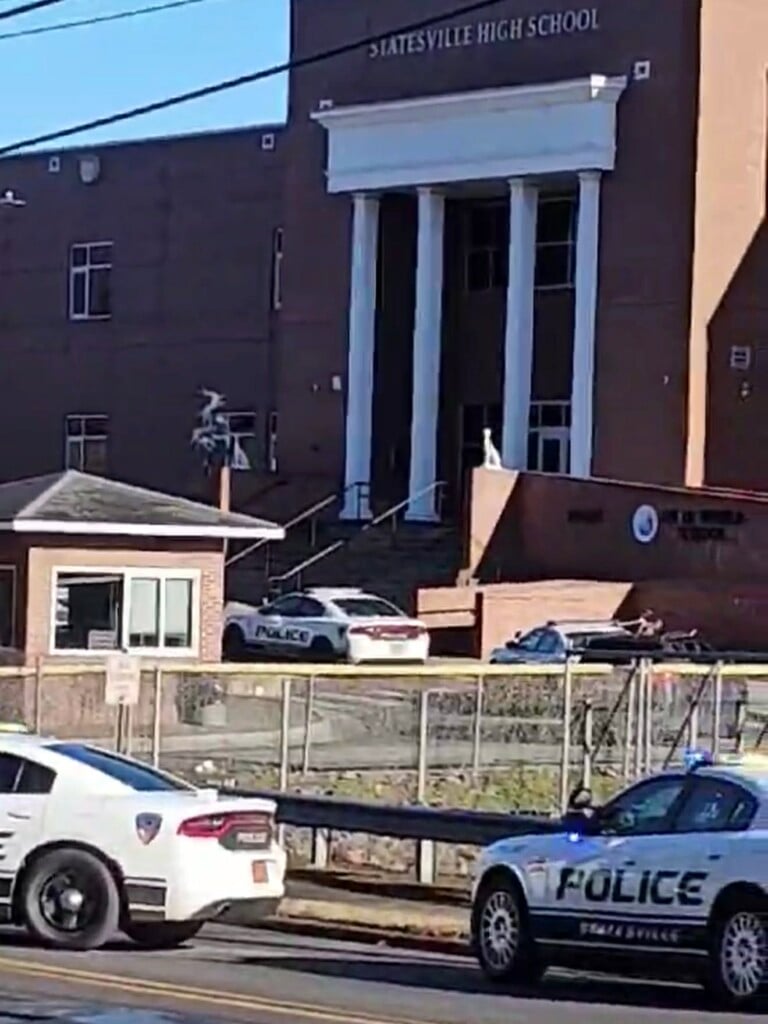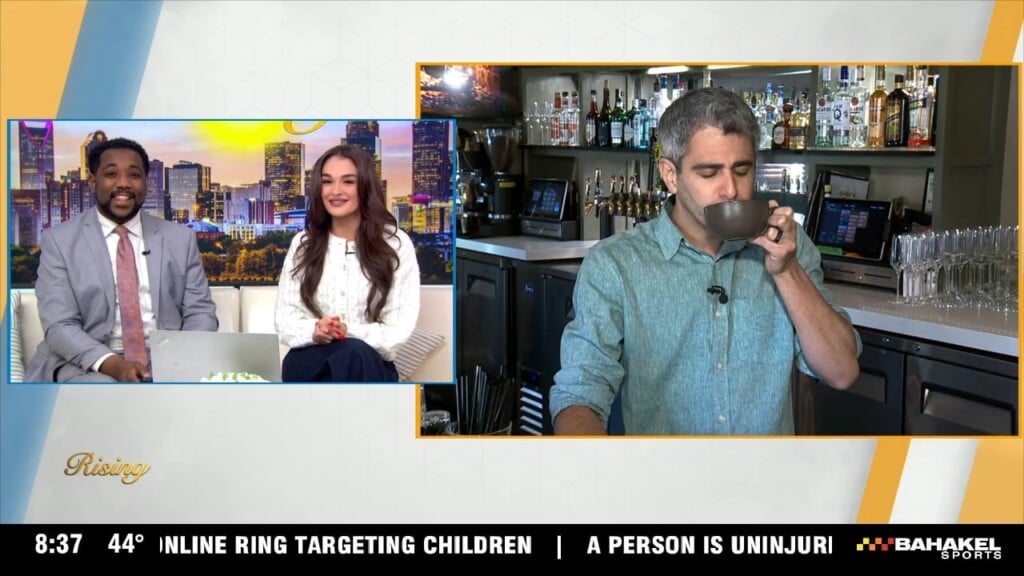Kerrick Trial: A Week Of Emotional Testimony

[gtxvideo vid=”A8viPwwJ” playlist=”” pid=”Bbt3TRDe” thumb=”http://player.gtxcel.com/thumbs/A8viPwwJ.jpg” vtitle=”kerrick week two”]
CHARLOTTE, NC — Before Officer Kerrick took the stand this week, the state still had the chance to make its case. Once they were done, the defense wasted no time calling witnesses to support Kerrick’s self defense claim.
A week of strong testimony and star witnesses, Tuesday the state put theirs on and then rested their case. The defense began and soon after put up their own defendant Wes Kerrick.
The week started with jurors watching Officer Kerrick showing how Jonathan Ferrell struggled with him.
“I felt like if, if I did not shoot at him, that he, he was acting like he was going to cause me harm. I felt like he would take my gun from me,” said Officer Kerrick.
Then the state went with their star witness, Captain Mike Campagna, who said Kerrick was wrong.
“The decision to draw a firearm based on fact that other officer has drawn taser is not consistent with our policy,” said Campagna.
The state rested its case, and the defense called Eric Brady, who counseled Kerrick after a 2012 incident where he and another officer both pulled tasers but no gun.
“With the fact there could have been potential weapon there, there should have been cover with lethal force if need be,” said Brady.
Thursday Officer Thornell Little testified that he and Kerrick acted in self defense after Ferrell yelled “Shoot me” and Little tased him.
“His behavior was erratic, and I believe his intent was injuring officers,” said Officer Little.
Then Officer Wes Kerrick took the stand, explaining why he shot Jonathan Ferrell.
“I thought I was going to die,” said Kerrick. “Here was a suspect, matched the description of a suspect late a night, early morning hours. He just ran through a taser. At the time, I thought the taser had worked and I had absolutely no idea if he had a weapon on him.”
Friday, the defense called more officers and first responders to talk about Kerrick’s mental and physical state after the incident.





